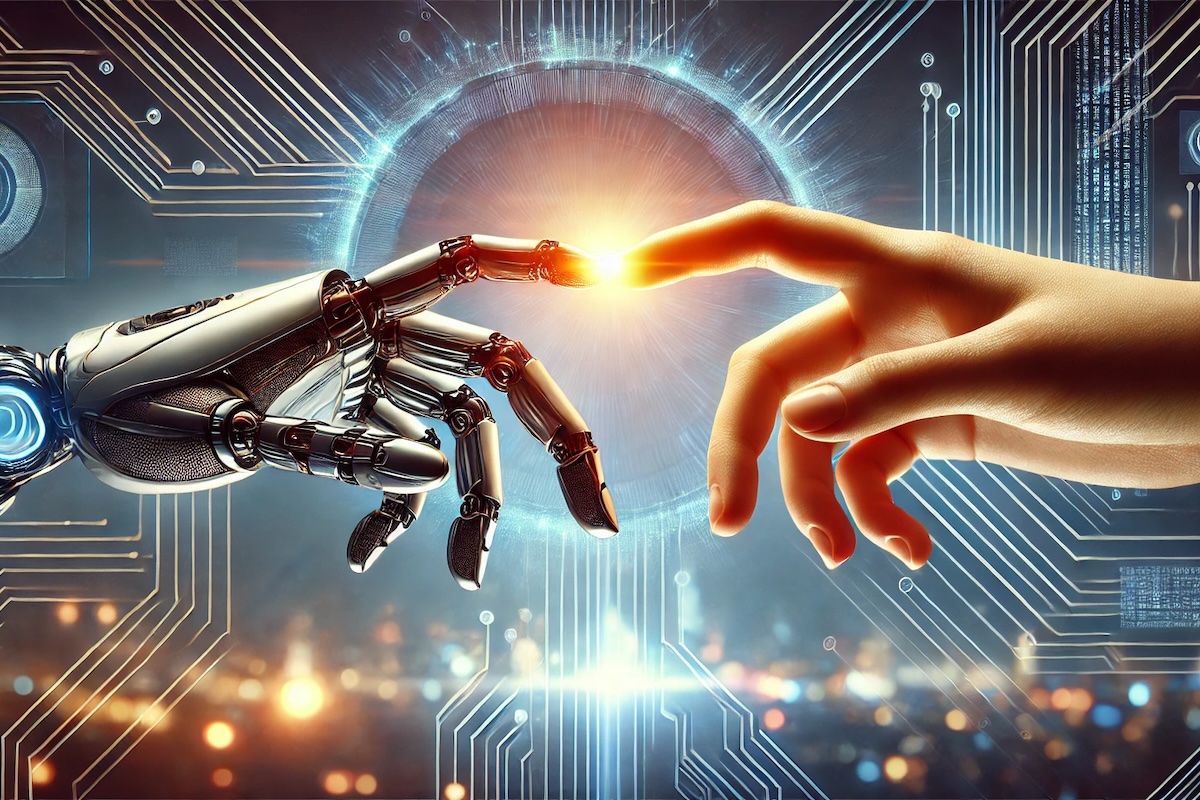The rapid evolution of artificial intelligence has redefined marketing strategies in the past few years. While generative AI has dominated the recent landscape, producing everything from content to campaign strategies, agentic AI is emerging as a new contender. This next-generation technology promises to take marketing to unprecedented heights by enabling autonomous decision-making and proactive engagement. Let’s explore where marketing AI is heading as we transition from generative to agentic AI.
“AI is a cultural technology, like writing or printing or telecommunications. It’s a technology that encodes human knowledge and facilitates the dissemination of human knowledge. But, it’s also a technology about intelligence… because it makes way for how we process information, make decisions, combine things, and come up with new ideas. It industrializes intelligence.” – Stephan Pretorius, *WPP’s Global Chief Technology Officer
Generative AI came in quick as the cornerstone of marketing innovation. Tools like ChatGPT and MidJourney revolutionized content creation, automating tasks such as:
- Copywriting: AI-generated ad copy optimized for target demographics.
- Design: Visual content customized to brand identity.
- Strategy: Predictive analytics-driven campaign recommendations.
However, while generative AI excels at content creation and insights, it still relies heavily on human direction. It’s a powerful tool—but not yet a true partner.
Enter Agentic AI
Agentic AI builds on generative AI by adding layers of autonomy and contextual awareness. This means that instead of passively executing commands, it actively identifies opportunities and takes action.
For example, an agentic AI system in marketing might:
- Analyze customer behavior in real time and adjust ad spend across channels without human intervention.
- Launch tailored campaigns for niche customer segments identified autonomously.
- Create dynamic customer journeys, adjusting touchpoints based on individual preferences and engagement data.
By shifting from a reactive to a proactive model, agentic AI minimizes lag time in decision-making and allows for hyper-personalization at scale.
Key Trends in 2025
- Hyper-Autonomy: In 2025, we expect marketing teams to integrate agentic AI platforms capable of running entire campaigns independently. For instance, an AI might detect seasonal trends and preemptively launch promotions tailored to market conditions.
- End-to-End Personalization: With agentic AI, customer experiences can be fine-tuned in real time. Imagine a retail AI that adjusts product recommendations as customers browse, based on evolving preferences and purchase history.
- Ethical Decision-Making: Agentic AI’s autonomy raises questions about ethics. Brands will need to establish clear guidelines to ensure AI-driven decisions align with company values and regulatory requirements.
- Human and AI Collaboration: While agentic AI reduces the need for human micromanagement, it doesn’t eliminate human input. Instead, marketers will shift focus to strategic oversight, creative ideation, and ethical governance.
Challenges on the Horizon
- Data Privacy: With AI’s growing autonomy, ensuring compliance with data protection laws becomes more complex.
- Trust: Convincing stakeholders to rely on AI for critical decisions requires transparency in how algorithms work.
- Skill Gaps: Marketing teams must upskill to collaborate effectively with advanced AI systems.
The Road Ahead
As marketing AI evolves from generative to agentic, its potential to transform the industry is undeniable. In a recent *Forbes article, it was noted that “Agentic AI can help quickly create high-quality, personalized marketing content.”
By embracing these advancements, businesses can:
- Streamline operations.
- Enhance customer satisfaction through unparalleled personalization.
- Unlock new levels of creativity and innovation.
The era of agentic AI is not just about automation—it’s about augmentation. By blending the strengths of AI with human ingenuity, marketers can pave the way for a smarter, more dynamic future.
Hypothetical Application:

Amazon’s Potential Integration of Agentic AI:
If Amazon piloted an agentic AI platform, it would revolutionize its customer experience. The AI would autonomously analyze real-time user behavior and make adjustments to the website layout, personalized product recommendations, and promotional offers. For example, the system would identify surges in demand for eco-friendly products during a specific season and dynamically adjust inventory visibility and ad spend.
Results:
- Revenue Growth: Amazon would experience an increase in seasonal sales compared to the previous year.
- Customer Retention: Personalized shopping experiences would lead to a rise in returning customers.
- Operational Efficiency: The marketing team could reduce manual workload, allowing them to focus on strategic projects.
This highlights the transformative potential of agentic AI in delivering highly personalized and efficient marketing strategies.
Conclusion: Agentic AI represents a paradigm shift in how marketing strategies are conceived and executed. Its ability to act autonomously, coupled with its potential for hyper-personalization, position it as a game-changer for the industry. However, navigating this transition requires careful planning, ethical considerations, and upskilling teams to harness AI’s full potential. The future of marketing lies in embracing this synergy between human creativity and AI’s transformative power. Businesses that adapt quickly will lead the charge, setting new standards for innovation and customer engagement. Are you ready for the next wave of marketing AI?
*WPP | https://www.theaustralian.com.au/business/growth-agenda/the-new-renaissance-can-businesses-build-humancentric-tech/news-story/6515c543d3ac9f622f497dd4f71e2f0b?utm_source=chatgpt.com
*Forbes | https://blogs.nvidia.com/blog/what-is-agentic-ai/?utm_source=chatgpt.com
*Amazon | https://amazon.com

